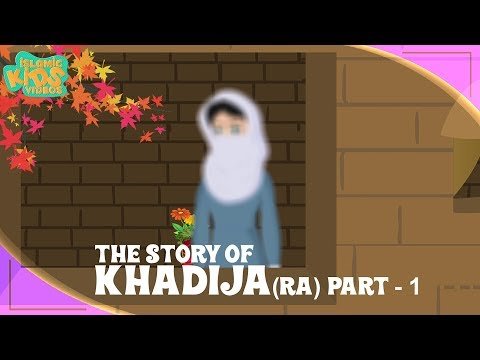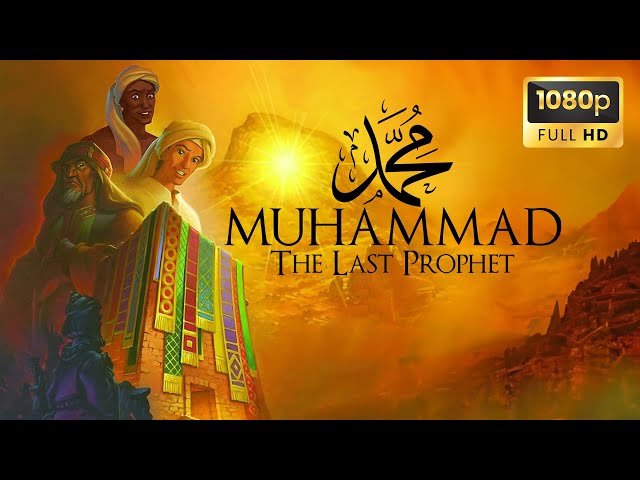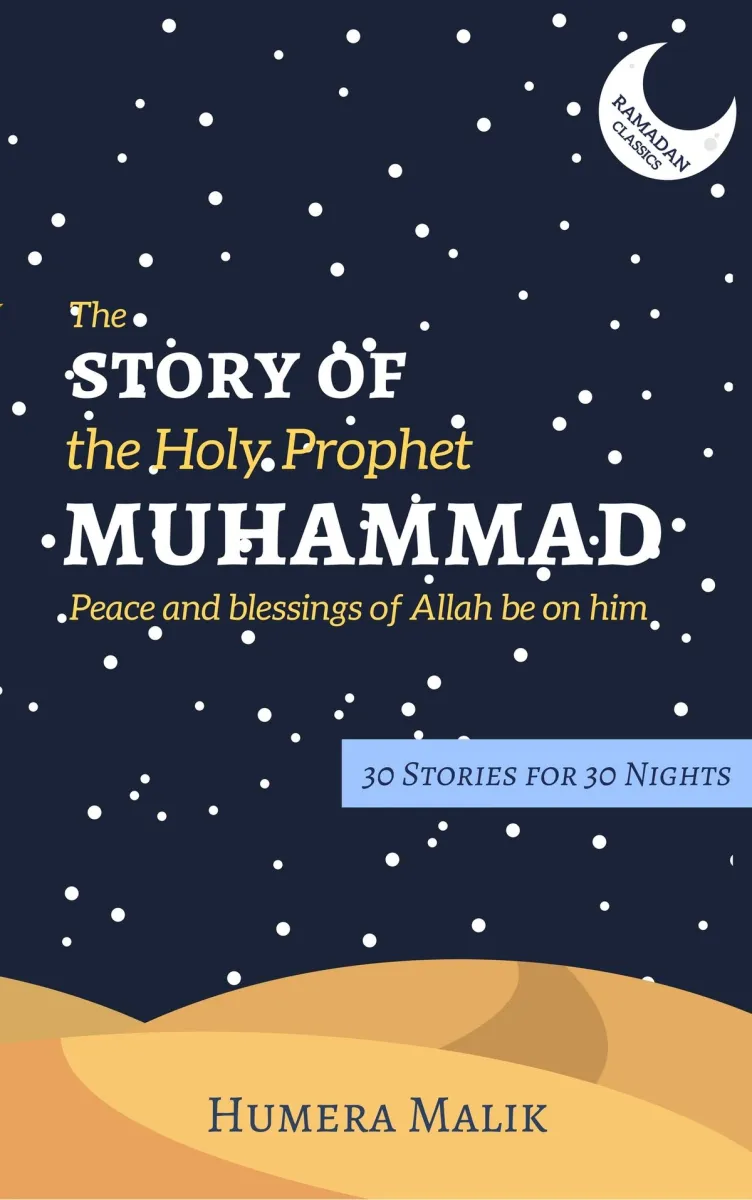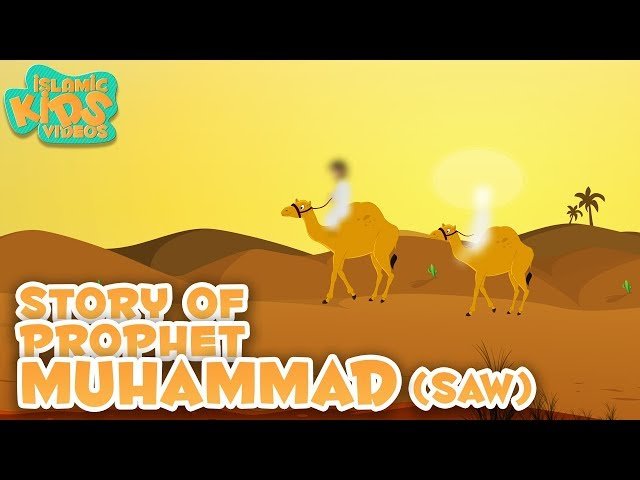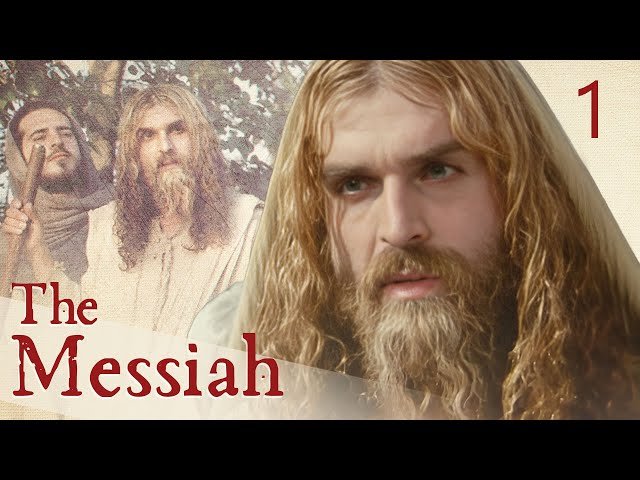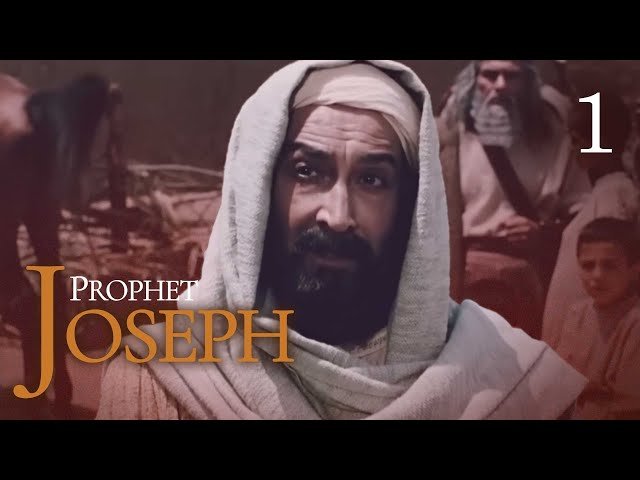The Story of Bilal ibn Rabah: From Slavery to Freedom
In the early days of Islam, in the heart of Mecca, lived Bilal ibn Rabah, a man whose journey from the shackles of slavery to the heights of spiritual elevation remains one of the most inspiring tales of faith, resilience, and liberation. Bilal, an Ethiopian slave, endured harsh treatment from his master, Umayyah ibn Khalaf, especially after embracing Islam, drawn by its message of equality and monotheism.
Bilal’s conversion to Islam was a testament to his profound faith and inner strength. Despite facing severe persecution and torture, he remained unwavering in his belief, his heart anchored by the declaration of faith, “Ahad, Ahad” (One, One), referring to the oneness of God. His resilience and steadfastness caught the attention of Abu Bakr, a close companion of Prophet Muhammad (peace be upon him), who was moved by Bilal’s suffering and determination. Abu Bakr, following the principles of compassion and brotherhood taught by Islam, purchased Bilal’s freedom, liberating him from physical and spiritual bondage.
Freed from slavery, Bilal became one of the most trusted and beloved companions of Prophet Muhammad. He was known for his deep, melodious voice, and upon the Prophet’s instruction, Bilal became the first muezzin of Islam, calling believers to prayer. His voice, echoing through the streets of Medina, symbolized unity and the breaking of social barriers, as it called all Muslims, regardless of their background, to stand shoulder to shoulder in worship.
Bilal’s story did not just end with his emancipation. He remained a key figure in the early Muslim community, participating in significant battles and serving the community with his unwavering faith and dedication. His life story is a profound reminder of the transformative power of Islam, which champions human dignity, equality, and social justice.
After the death of Prophet Muhammad, Bilal’s heart was heavy with grief, and he found it difficult to remain in Medina, a city filled with memories of the Prophet. He thus sought solace in the path of jihad and spent his later years in Syria, where he continued to call to prayer and participate in battles, leaving a legacy of courage and devotion that continues to inspire.
Bilal ibn Rabah’s journey from the depths of oppression to the pinnacle of spiritual recognition exemplifies the core Islamic teachings of human equality, social justice, and the power of faith. His story is a beacon of hope and a testament to the fact that true freedom lies in the liberation of the soul and the steadfast commitment to one’s beliefs.

